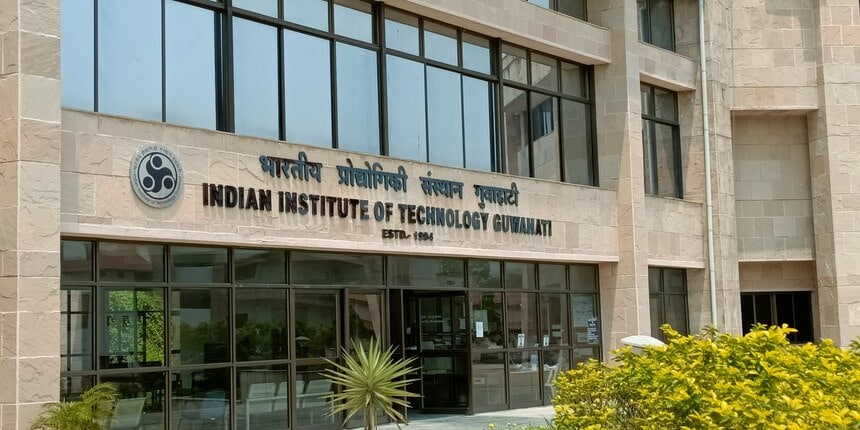IIT Guwahati study highlights advantage of bilingualism in multicultural communities
Press Trust of India | December 15, 2023 | 10:34 AM IST | 2 mins read
IITG: The primary focus of the study has been on different Naga language speaking groups with bilinguals who had Naga languages as their first language.

GUWAHATI: Indian Institute of Technology, Guwahati (IITG) has in a new study found that bilingualism or speaking more than one language is advantageous in multilingual and multicultural communities, particularly in North East India with its unique linguistic and cultural diversity.
IITG's Centre for Linguistic Science and Technology and Department of Humanities and Social Sciences in a research on 'Bilingual Language Processing in Multilingual and Multicultural communities of Northeast India' pointed out that speaking more than one language does have its benefits and more so if the speakers regularly switch between languages, researcher and Dr Bidisha Som told PTI.
The primary focus of the study has been on different Naga language speaking groups with bilinguals who had Naga languages as their first language, Som, an Associate Professor in the Department of Humanities and Social Sciences, said. Eighty Ao-Sangtam and eighty Ao-English individuals participated in this study, she added.
The Ao-Sangtam participants, originally from Nagaland, have been living in a diverse cultural and linguistic setting for many years, a member of the research team and faculty at Dimapur's Testo College Opangienla Kechu, said.
Also read | IIT Placements 2024: As job offers dip by 50%, students allege favouritism by placement teams
In contrast, the Ao-English participants, also originally from Nagaland, are university students studying in various regions of India where English is the primary language, Kechu said. ''This research will pave the path to understand bilingual/multilingual impact among indigenous languages, non-immigrant, non-WEIRD (Western, Educated, Industrialized, Rich, and Democratic) population'', she added.
Som said that the research team is currently looking at this issue from multiple perspectives and is involved in studying many other bilingual groups. ''We would like to stress the fact that northeast India is unique in its linguistic and cultural diversity. We have made a beginning towards understanding this interaction between language-use and non-linguistic cognition and this region has so much to teach us”, she said.
The study has proved that the test packages used for lab-based studies can be updated to suit real-life scenarios and though standard protocols of research in the domain were followed, the subjects were approached in their real-life setting, she pointed out.
''Thus, for the most part, researchers went to the participants, rather than bringing them to the lab. As a result, this study helped in giving higher generalizability to the theories in this domain'', she added.
Bilingual advantage refers to the enhanced performance of bilinguals in comparison to monolinguals when it comes to non-verbal tasks and these tasks require various cognitive control processes such as conflict resolution, attention, shifting, updating, and working memory, she pointed out. The study involved translation recognition and lexical decision tasks.
Follow us for the latest education news on colleges and universities, admission, courses, exams, research, education policies, study abroad and more..
To get in touch, write to us at news@careers360.com.